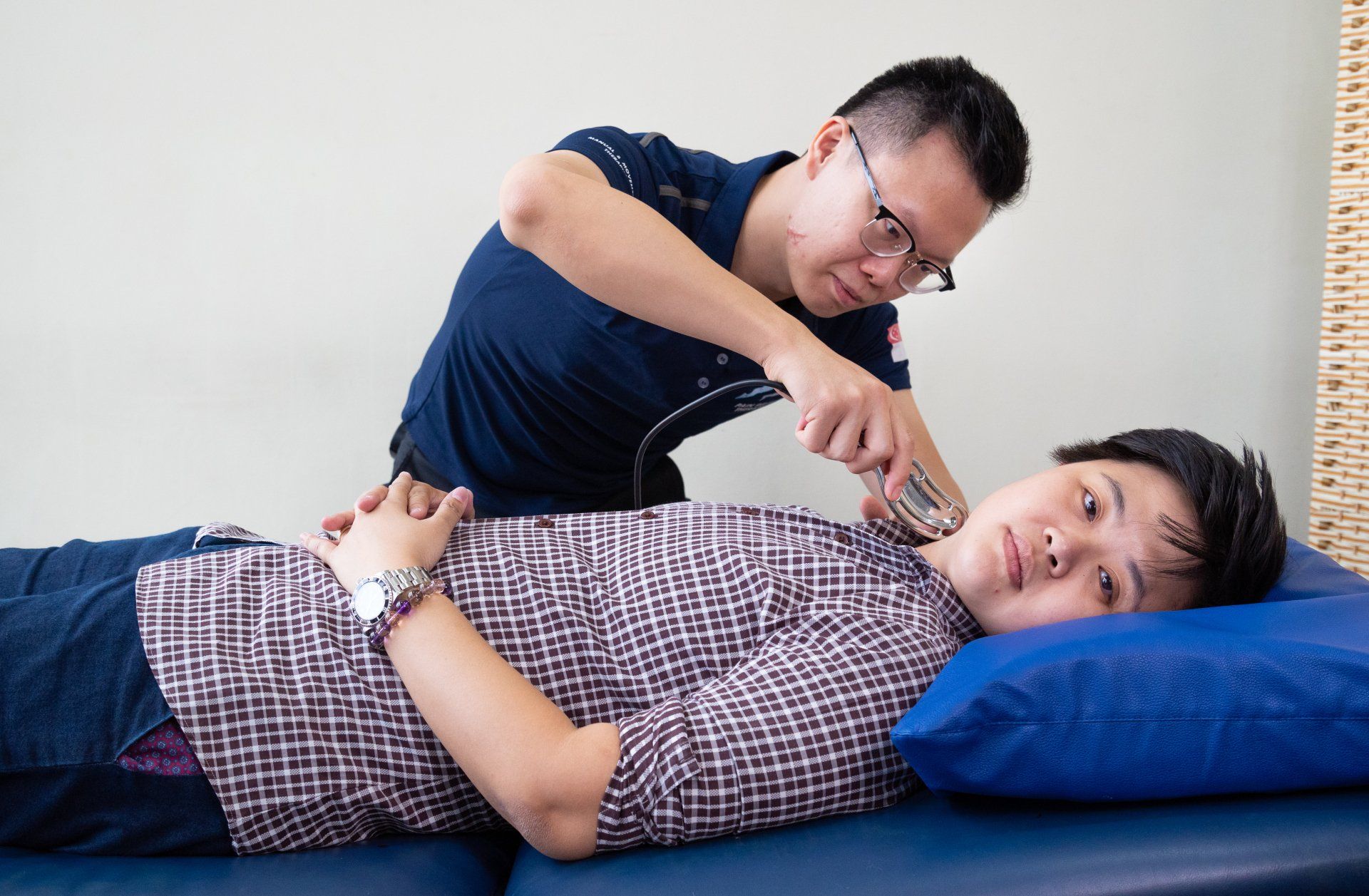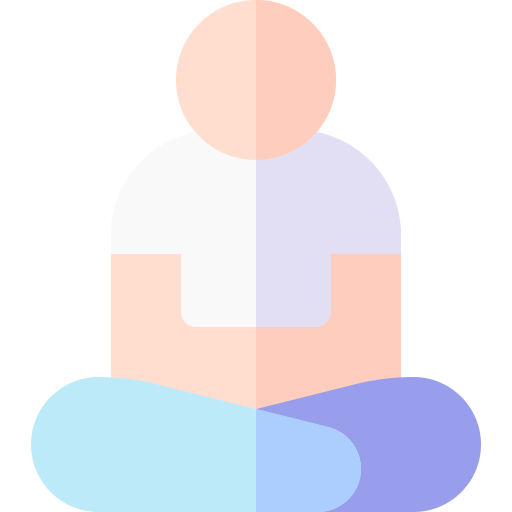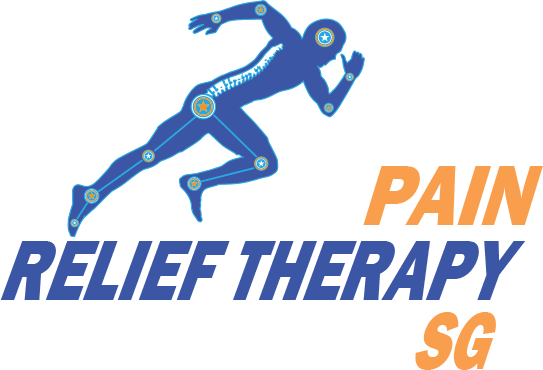The neck is a remarkable region of the human body that performs a challenging task, supporting the weight of the head comparable in weight to a bowling ball throughout the day. Comprising of a series of vertebrae extending from the skull to the upper torso, the neck is cushioned by cervical discs that absorb shock between the bones.
The bones, ligaments, and muscles of the neck work collaboratively to provide support for the head, as well as enabling a wide range of motion. Moreover, the spinal column, which runs through the neck, safeguards the spinal cord and serves as the central structure linking the network of nerves throughout the body.


The nervous system runs through the neck, facilitating the transmission of messages to the brain and allowing for the perception of sensations like pain. However, abnormalities, inflammation, or injury in the neck region can cause pain or stiffness. Neck pain is a common concern that can arise from various sources, including muscle strain resulting from poor posture and lifestyle habits, such as spending prolonged periods leaning over a computer or mobile phone, or hunching over a workbench.
CAUSES
Given that the neck is a highly flexible and weight-bearing part of the body, it can be vulnerable to injuries and medical conditions that result in pain and restricted motion. Some potential causes of neck pain are as follows:
PREVENTION
The majority of neck pain is linked to poor posture and the natural wear and tear that occurs with advancing age. To reduce the risk of developing neck pain, it is advisable to maintain proper alignment of the head over the spine. This can be achieved by implementing minor adjustments in one's daily routine, which would be beneficial in the long-run.
CALL +6587141543 TODAY TO SCHEDULE YOUR FIRST APPOINTMENT


